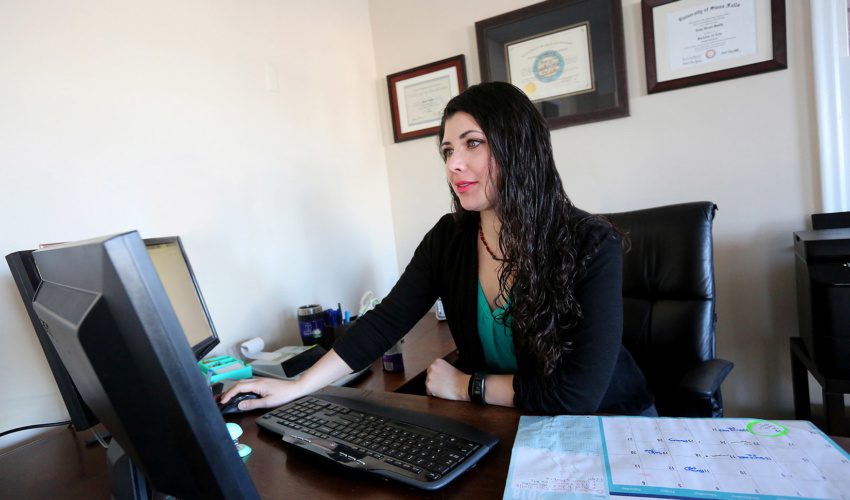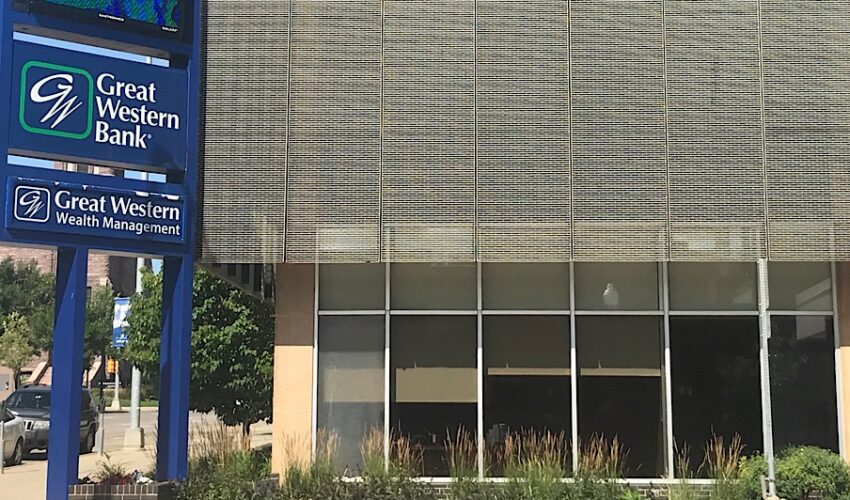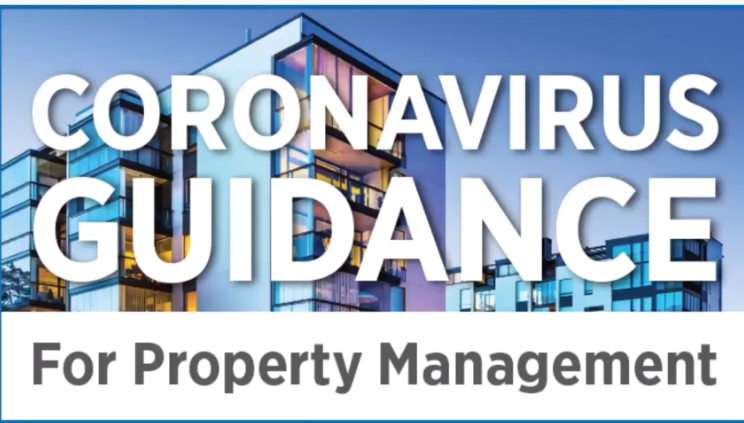Apartment owners, managers grapple with issues related to COVID-19
March 30, 2020
A resident in an apartment building has tested positive for COVID-19.
Now what?
That’s one of many real and hypothetical questions being considered by the city’s multifamily property owners and managers.
A town hall meeting held virtually by the South Dakota Multi-Housing Association last week drew 110 participants and led to another one scheduled for April 2.
Feedback was resoundingly positive, said Amy Ibis, board chair.
“There is so much information. It is tough to read it all and take care of property and residents,” she said. “We evaluate all the information, consult with our attorney and provide our members with accurate forms and educate on processes and best practices.”
Property owners are concerned for staff and residents affected by the COVID-19 crisis and also are worried about financial commitments come April 1, she said.
“Safety is the No. 1 concern – safety for staff, residents and the property itself,” Ibis said. “We are working diligently to provide correct information, legal forms, policies and best practices for our members.”
The association’s website is updated frequently with resources. Its membership represents about 22,000 apartment units in the Sioux Falls area.
The organization’s April 2 town hall is open to anyone and will focus on legal issues of interest to the multifamily industry.
“We need to work together to get through this crisis,” Ibis said. “That includes property owners, management staff, residents, suppliers and vendors, financial institutions, and local and state authorities.”
To address an increasingly common question of how apartment owners and managers should handle a confirmed case of COVID-19 in a property, there is a video produced by the National Apartment Association.
“First and foremost, do not panic,” advised Ayiesha Beverly, senior staff attorney for the national lease program of the National Apartment Association.
“It is important that you remain calm. When communicating with your residents, make sure you ease their concerns and their fears. I recommend you communicate from a ‘what you know’ standpoint. In other words, do not exaggerate any information and only share what you know to be facts.”
Landlords should review their leases to assess whether they are legally obligated to inform residents of a public health or safety concern and pay attention to guidance from the Centers for Disease Control & Prevention and World Health Organization, she said.
“In the face of this pandemic, industry standards also are changing,” she said. “So there may be a duty to notify now where there was not one before.”
If all else fails, consult your attorney for guidance, but the NAA does “recommend you take appropriate action to inform other residents of the situation and explain measures you are taking to prevent the spread of the virus at your property,” Beverly said.
How to communicate
First, communicate with the resident who has been diagnosed, she said. Make sure the resident follows the guidance of a health care provider in terms of isolation and quarantine, and before making any decision to end those practices. Do not enter the unit of a resident who has been diagnosed.
Ensure the communication about the situation goes to all residents. Options include sending an email, putting notices on each resident’s door and posting on a community bulletin board.
Inform residents that a fellow tenant has been diagnosed and advised to follow guidance of local health officials. Do not identify the resident or unit number.
Remind residents of steps they can take to avoid the spread of and exposure to the virus, including washing hands and limiting gatherings.
Remind residents of what the property is doing to prevent spread of the virus.
“Your communication should also discuss any increase in the frequency of cleaning and disinfecting protocols of high-touch surfaces and common areas,” Beverly said. “You should inform residents if you plan to close any amenities or limit hours of the amenities.”
Other steps property managers can take include offering an online portal and deposit boxes for paying rent and encouraging residents to call or email instead of unintentionally gathering in a leasing office.
It also might be beneficial to create an email account just for COVID-19 questions, so daily issues don’t get lost, she said.
“Communication is key,” she added. “Provide daily or weekly updates to residents if necessary.”







